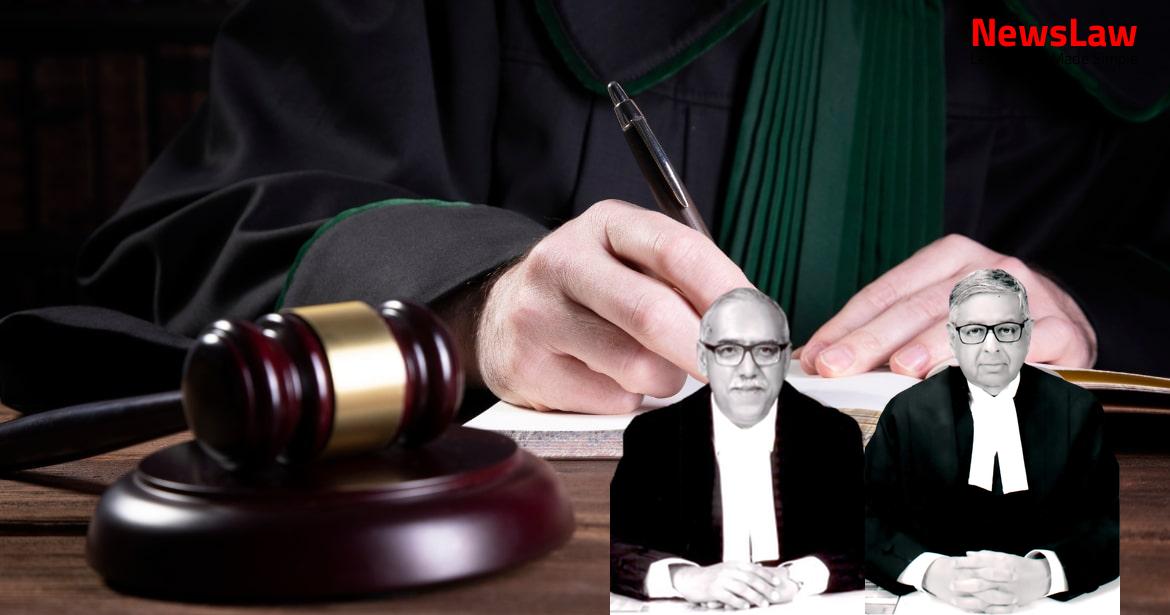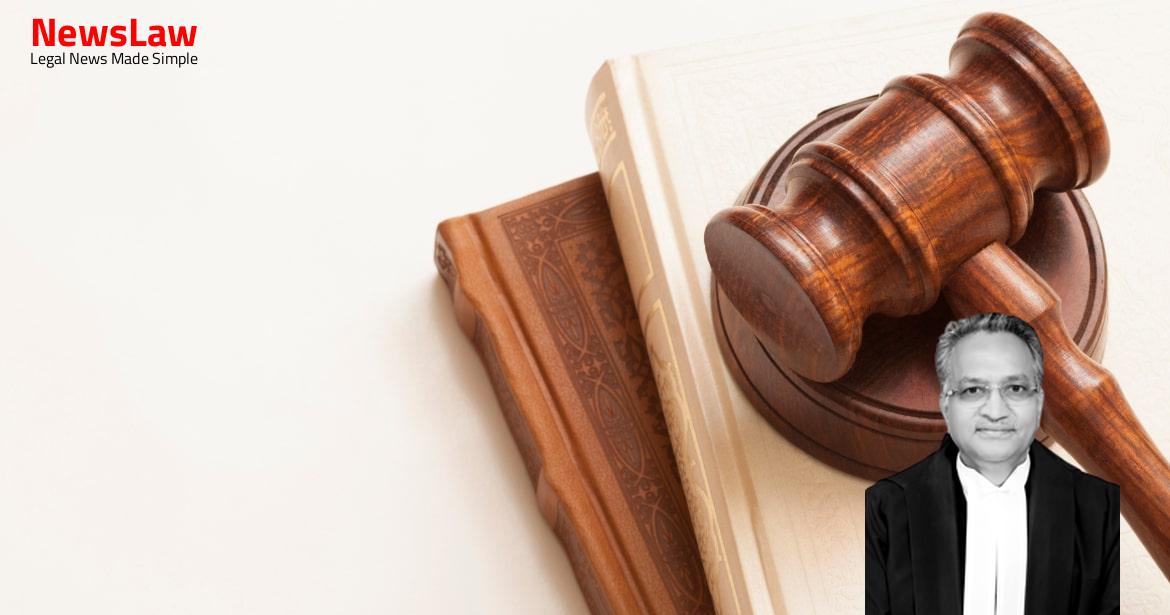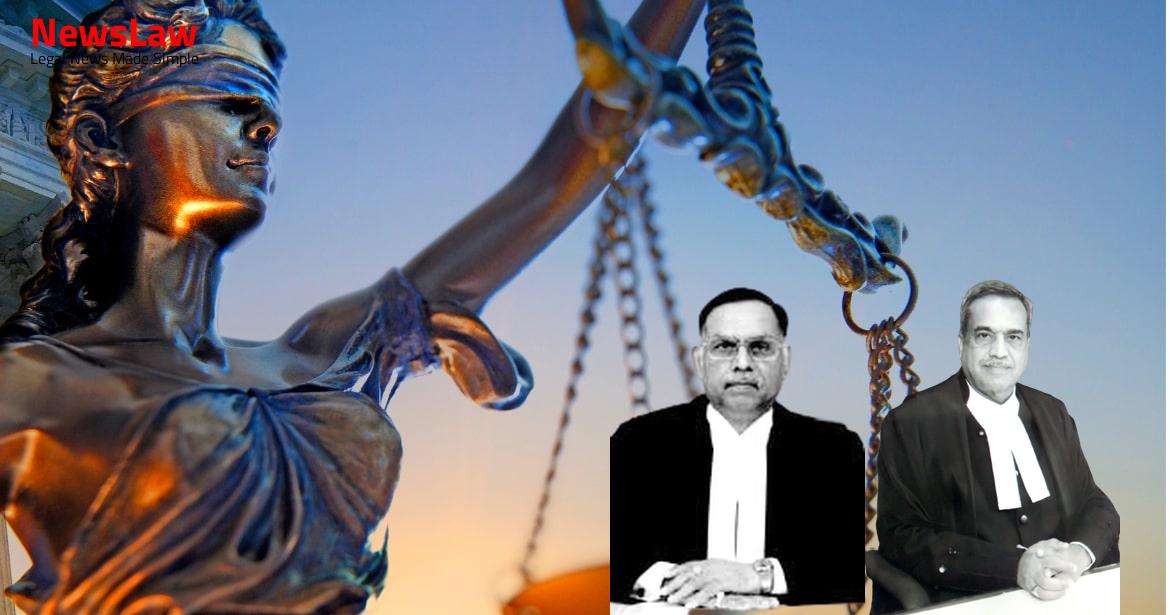In a groundbreaking decision by the Supreme Court of India, the accused individuals have been acquitted in a notable legal case. The appellants, who were on bail, have had their bail bonds discharged, bringing closure to a long-standing legal battle. This judgment marks a significant development in the Indian legal system, highlighting the importance of fair trial and justice for all. Stay tuned to explore the details of this case and the implications of the Supreme Court’s decision.
Facts
- The daughter examined was a 2 child witness aged about 10 years.
- The accused pleaded not guilty and claimed trial.
- All material witnesses turned hostile during the trial.
- Initial case registered under Sections 341, 294, 323, 506, 307 but with overwriting in Section 307 in original FIR.
- Informant admitted in the hospital on 18.10.1997 at 12:30 a.m.
- Informant’s condition deteriorated with multiple stabs on his back, poor general condition, and low pulse.
- Weapons of offense allegedly recovered from accused during investigation.
- Informant’s FIR later converted to murder case under Section 302 IPC after his death.
- Informant’s condition continued to deteriorate and he passed away around 3:30 a.m.
Also Read: Enforcement of Foreign Award: Case of Oscar Investments Limited and RHC Holding Private Limited
Analysis
- The delay in sending the application to the doctor for the injured’s condition raises questions about the handling of the case.
- The prosecution did not make an effort to compare the signatures on the FIR with official records, casting doubt on the identity of the informant.
- The recording of the statement under Section 161 Cr.P.C. without confirming the fitness of the injured to give a statement raises concerns about the admissibility of the evidence.
- The inconsistencies in the statements provided by witnesses, along with the lack of proper verification of details, raise doubts about the reliability of the evidence presented.
- The failure to promptly record the FIR and the manner in which statements were taken point towards lapses in the investigation process.
- The inability to definitively establish the identities of the accused individuals mentioned in the statements adds another layer of uncertainty to the case.
- Merely suggesting pressurization is not enough to come to a conclusion.
- Reasonable doubt exists regarding the identity of the persons linked to the offense.
- Benefit of doubt should be given to the accused.
- Injured witness turning hostile indicates possible pressurization.
- No information available regarding the age of the non-examined son.
Also Read: NGOs Substantial Financing Case: Supreme Court’s Judgment on Public Authority Definition
Decision
- The appeal has been allowed, and the judgments of the High Court and Trial Court have been set aside.
- The accused have been acquitted.
- The appellants, who are currently on bail, have had their bail bonds discharged.
Also Read: Maintenance Rights of Divorced Women: Reconsideration Plea by Mr. Debal Banerjee
Case Title: HARI SINGH Vs. THE STATE OF MADHYA PRADESH
Case Number: Crl.A. No.-001660-001660 / 2010



